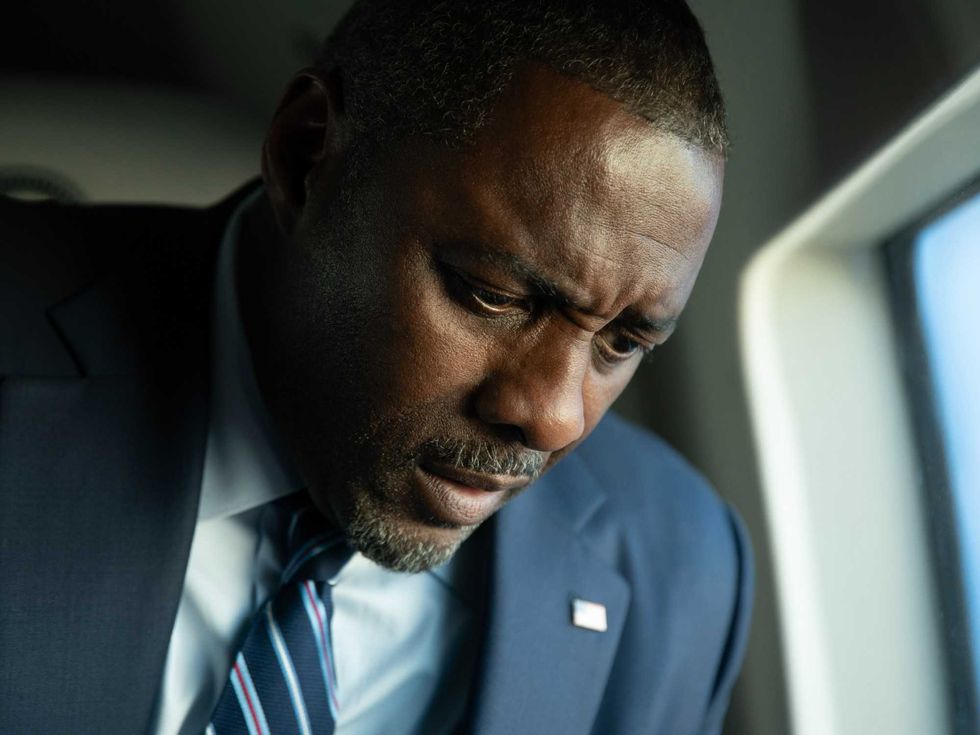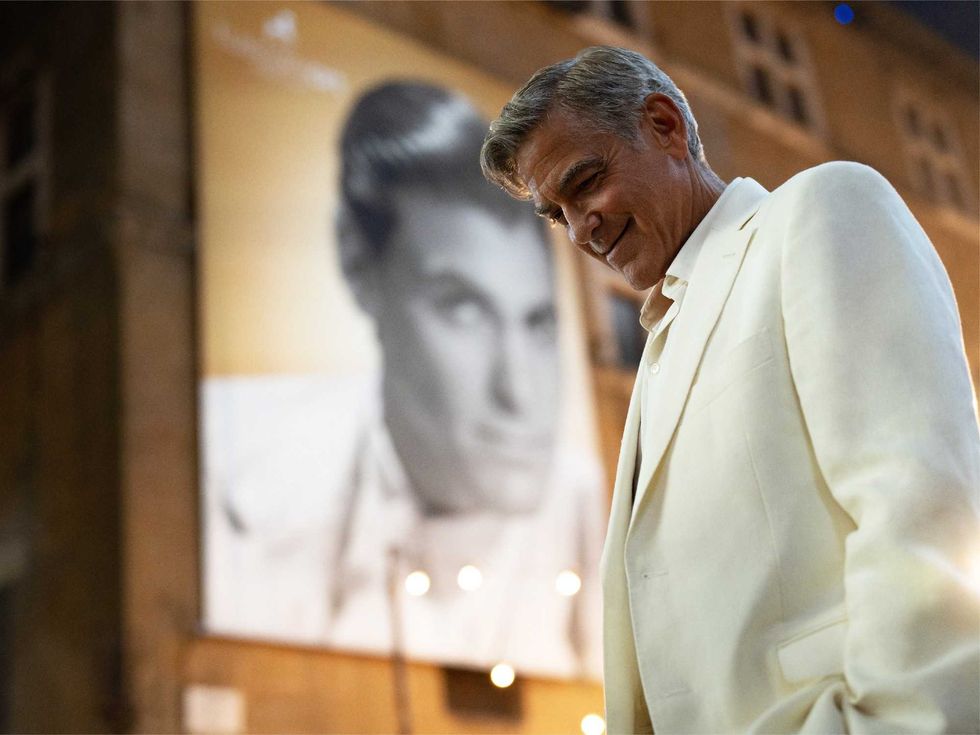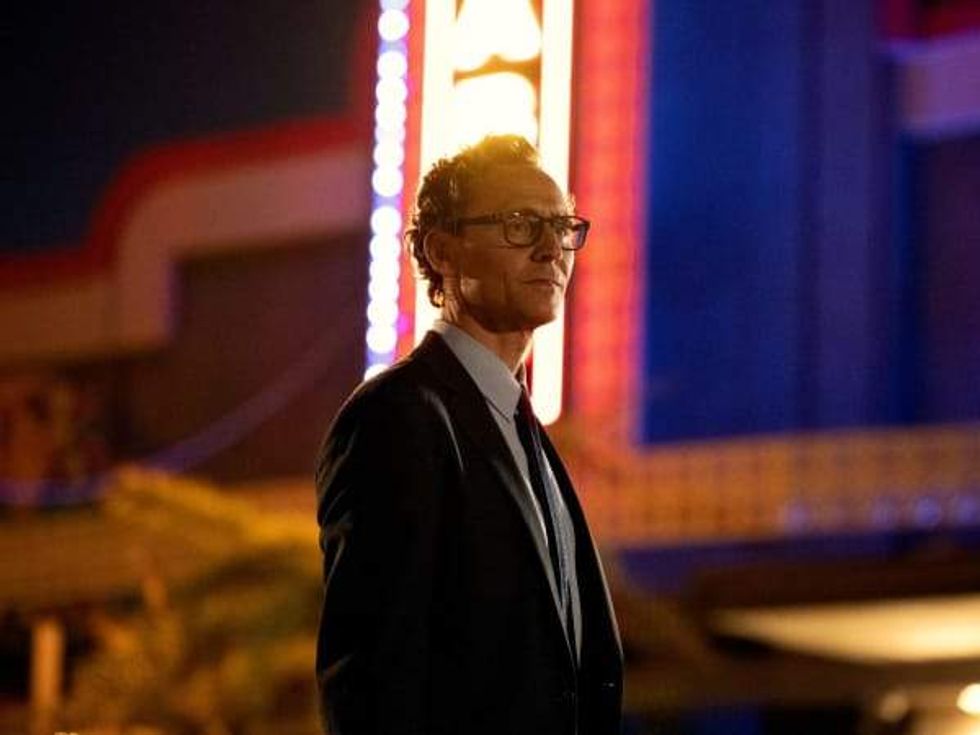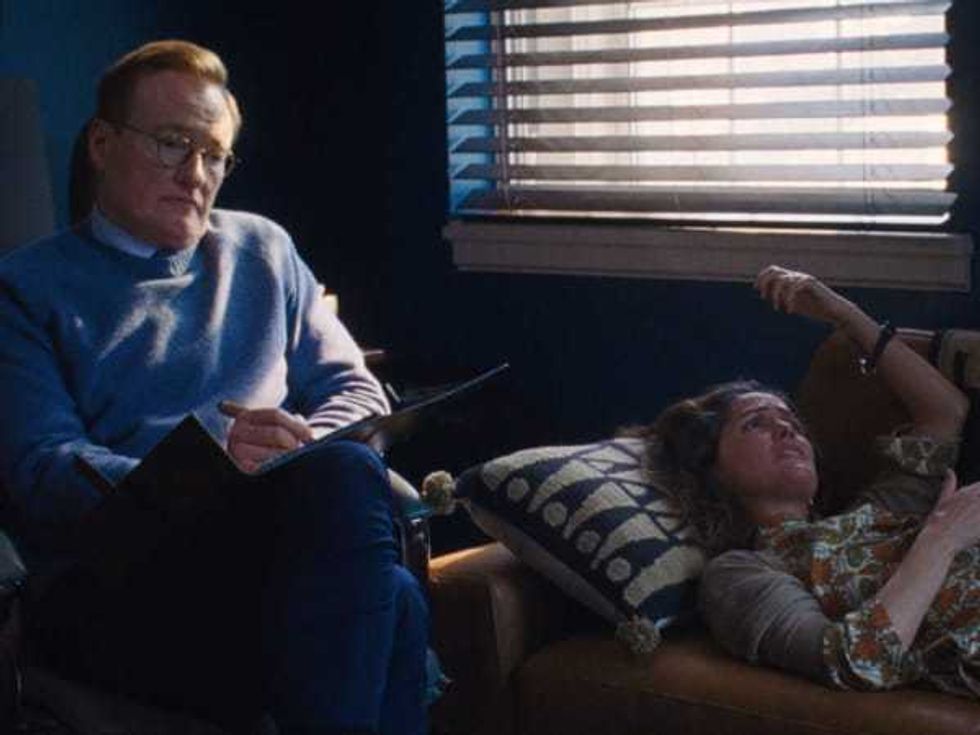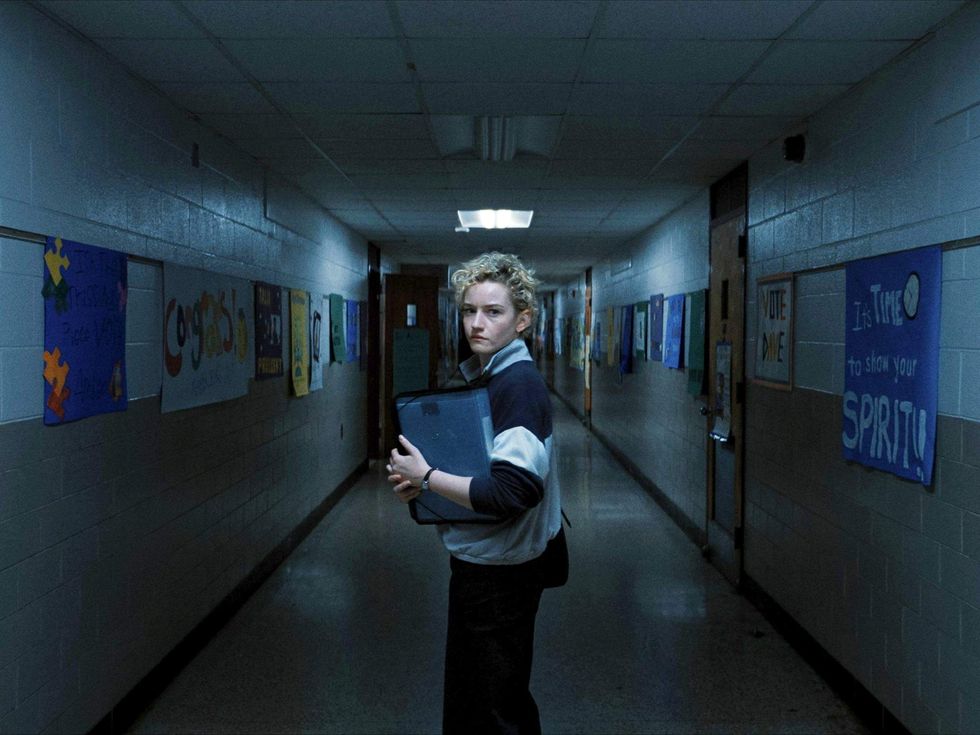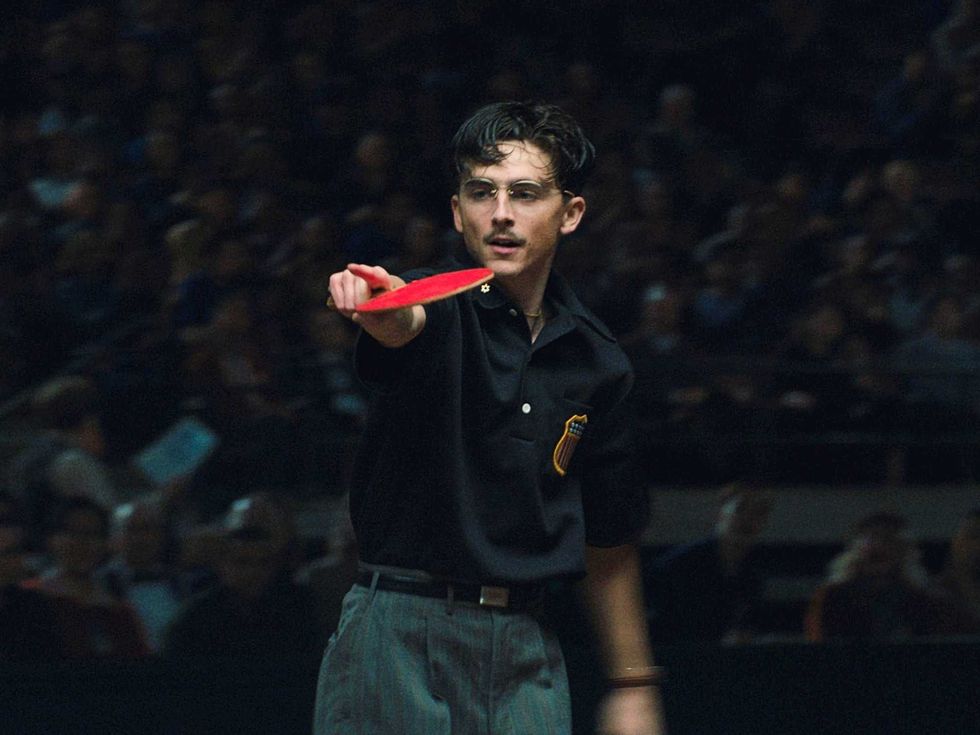Classical Concern
No children in the concert hall policy sparks a fierce debate: Is it smart orcrippling art growth?
It's not often that the announcement of a classical concert causes an uproar. They simply declare the what, where, when and sometimes the why of the artsy affair in an attempt to whet musical appetites.
But recently something caught my eye that just didn't seem up to par with recent discourse about the crisis of the arts, the incongruity between political rhetoric and artistic support and the apathy of the general population toward recognizing that the cultivation of creativity is necessary for economic, social and human survival.
It read: "As a courtesy to the musicians and audiences alike we [Baytown Symphony Orchestra's board of directors] ask that children under age seven not attend the concerts."
At a time when we all need to do our part to make arts relevant to a new generation that's most likely not getting much creative exposure at school, such a blanket limitation is plain silly and irresponsible.
Initially, I wanted to avoid explicitly identifying the group because in no way do I want to castigate an organization for otherwise doing generally good work and following along the lines of an accepted recommendation policy among many art presenters.
But upon reflection, news is news. It's a case of the Baytown Symphony Orchestra taking itself too seriously.
The group is a community orchestra (read that, not professional) comprised of mostly semi-professional and amateur musicians presenting fewer than five concerts yearly. It's a lovely group of musicians getting together to play simply for the love of the art form. Intonation, musicality and ensemble playing take a back seat to the social aspect of gathering to share in the joy. And there's always a place for that. It's what chamber music used to be.
But at a time when we all need to do our part to make arts relevant to a new generation that's most likely not getting much creative exposure at school, such a blanket limitation is plain silly and irresponsible. Isn't that, after all, the purpose of most community orchestras? To be a part of the community? And aren't children the future of such community?
I'll be the first one to admit a double standard. When I am listening to James Ehnes sing through the opening of the Brahms Violin Concerto, I don't want a child — or an adult — to interrupt that moment. Don't talk, don't cough, just sit down, shut up.
But policing what should be a responsible parent decision — as if we need more institutional meddling in our lives, let alone meddling at the whim of mediocre nonprofit ushers — is unnecessary.
Let's face it. Adults are more unruly than children. They "whisper" to their neighbors as if no one can hear them. Cellphones go off amidst a choir of candy wrapping paper. Keys fall on the floor. Grownups fall asleep and snore. Unless you have some sort of bladder issue, why not time your bathroom visits to before, during intermission or after the concert? All and all, these behaviors can be controlled, but they are not.
Why? Because you are an adult?
Children, on the other hand, respond on emotion. It is this curiosity — one that needs to be developed and encouraged — that will help the next generation value, respect and conserve artistic endeavors. It also develops skills that will navigate society through the next set of unimaginable and unpredictable global transitions.
Kristin Miller's son Aiden was 18 months old when he attended his first FBSO concert in 2007. He quickly developed such a keen interest in music such that his parents invested in a child-size violin.
And yet there's an explicit policy to exclude them.
The Fort Bend Symphony Orchestra, a similar community ensemble, looks at things a little differently.
Kristin Miller's son Aiden was 18 months old when he attended his first FBSO concert in 2007. He quickly developed such a keen interest in music that his parents invested in a child-size violin.
"[Aiden] kept turning the violin upside down so he could be the cool guy with the long hair who plays bass with the Fort Bend Symphony," Miller wrote in an email explaining how FBSO bass player Joe Mack is the reason Aiden eventually started taking piano lessons.
Rather than staying on my soapbox of self-righteousness, I measured my visceral response by posting the policy on Facebook. Below are some of the responses the post brought:
"Fine, if we don't want to have orchestras in 20 years." — Mitchell Robinson
"Is the next statement in the paragraph about their wonderful children's programming they can see alternately?" — Liz Dinwiddie
"Kids do what they know. If you never take them to nice restaurants or teach them appropriate table manners, then they will be hellions. Same applies to the arts. If you never expose them to live music in various settings, they never learn to appreciate and be interested in it. Now, I do think parents plan wisely and attend matinees, smaller orchestral/theatrical events to start and take advantage of events at venues like Miller Outdoor Theatre.
And if you are at a concert and your kid is kicking the chair, talking and being ill-behaved the parent takes them out. But that's just me." — Heather Staible
"We have been bringing our kids to musicals, ballets, plays and orchestra concerts since they were very young. They have not liked everything, but we have discussed our likes and dislikes after. If they had ever been a disruption we would have left. We are not trying to parent for those who refuse to do it themselves." — Kurt Podeszwa
"When I was in the Baltic Countries last year I was shocked at how many children were attending classical concerts with their parents. Some of them made a little extra noise and absolutely no one seemed to notice except for the responsible parents and the Americans." — Chris Johnson
"I think seven's high. Maybe four, if there's going to be a rule. Infants don't belong at all, but most parents are smart enough to know that. But I've had less trouble with kids than with adults who text, talk to their friends, hack and cough, or fall asleep and snore." — Regina Scruggs
"As a singer myself who's married to a musician as well, I can attest for how disrespectful and distracting it can be. But I DON'T agree they should be banned from all shows. They should open at least one where all ages are welcome. Cell phones are worse! A 13 year-old brought an iPad to the Hobby Center and took it out during the show. I wanted to rip it out of her hands and do a dance number on it myself!" — Melissa Darragh
"Ridiculous.... Liana sat through opera's three hours long when she was 2, 3, 4 and 5 and she was engaged... also symphony orchestra concerts. She doesn't have to be bribed with lollypops or games." — Aimee Rieger
"Bottom line, parents don't have the good sense to take a screaming child out. On that note, plenty of adults talk loudly or unwrap their candies during a concert. The answer should be, if you or your party are making noise during the concert, please understand that an usher may need to escort you out of the hall. That said, there is plenty of quality children's programming that (is) affordable and accessible and can help prepare a young person for concert-going." — Charles Stanton
Would you like to chime in? Are children in, or out?

